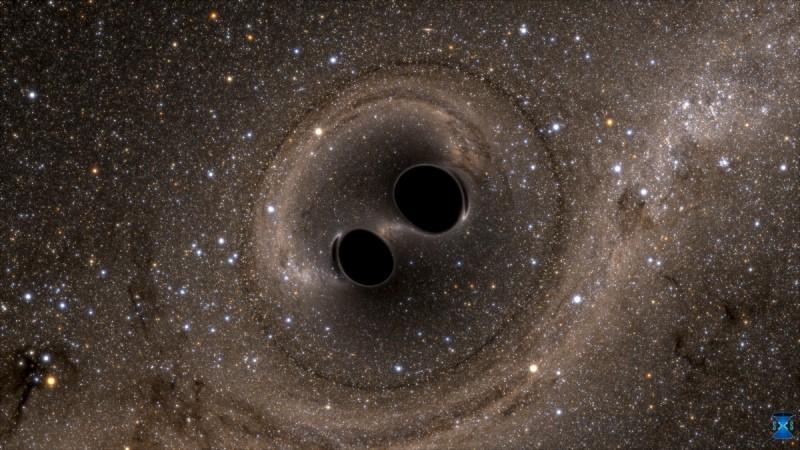
The breakthrough discovery of gravitational waves generated by the collision of two black holes over 1.3 billion years ago, the announcement of which was made by the Laser Interferometer Gravitational-Wave Observatory (LIGO) on Thursday, has an Indian contribution dating back more than two decades.
In 1991, Professor Sanjeev Dhurandhar of the Inter-University Centre of Astronomy and Astrophysics (IUCAA) in Pune had authored a paper on the method to detect gravitational waves.
"He showed how to extract gravitational wave signals from noisy data. The method through which the gravitational waves have been discovered by LIGO was built on the basis of his proposal," Prof Tarun Souradeep of IUCAA and spokesperson of the Indian Initiative in Gravitational-Wave Observations (IndIGO) told International Business Times India edition.
IndIGO comprises 61 Indian scientists who were among the 1,000 key minds at LIGO involved in the detection.
"Another scientist, Bala Iyer from the Raman Research Institute in Bangalore, had proposed a method to model gravitational wave signals," Prof Souradeep told IBTimes India. Scientists from several institutions across India have been part of the research that culminated in the first-ever detection of gravitational waves.
The waves, described as " ripples in the fabric of space-time," were detected by two LIGO detectors located in Louisiana, and Washington in the United States, a hundred years after they were first predicted by Albert Einstein. LIGO is now looking to set up its third observatory in India to expand distance between detectors in order to "determine the direction of the event causing the gravitational waves."
"The LIGO Laboratory is working closely with scientists in India at the Inter-University Centre for Astronomy and Astrophysics, the Raja Ramanna Centre for Advanced Technology, and the Institute for Plasma to establish a third Advanced LIGO detector on the Indian subcontinent," a statement by LIGO Caltech said.
Prime Minister Narendra Modi, who took to Twitter to say he was "immensely proud that Indian scientists played an important role in this challenging quest," added that the detector in the country would further help research.
"Hope to move forward to make even bigger contribution with an advanced gravitational wave detector in the country, (sic)" Modi tweeted.
"We are hopeful that the authorities give their approval for setting up the LIGO detector in India," Prof Souradeep said, adding that he had overseen the shortlisting of potential sites in remote parts of the country to set up the observatory.








![BJP fields Tashi Gyalson for Ladakh; drops sitting MP [details]](https://data1.ibtimes.co.in/en/full/797185/bjp-fields-tashi-gyalson-ladakh-drops-sitting-mp-details.jpg?w=220&h=138)








